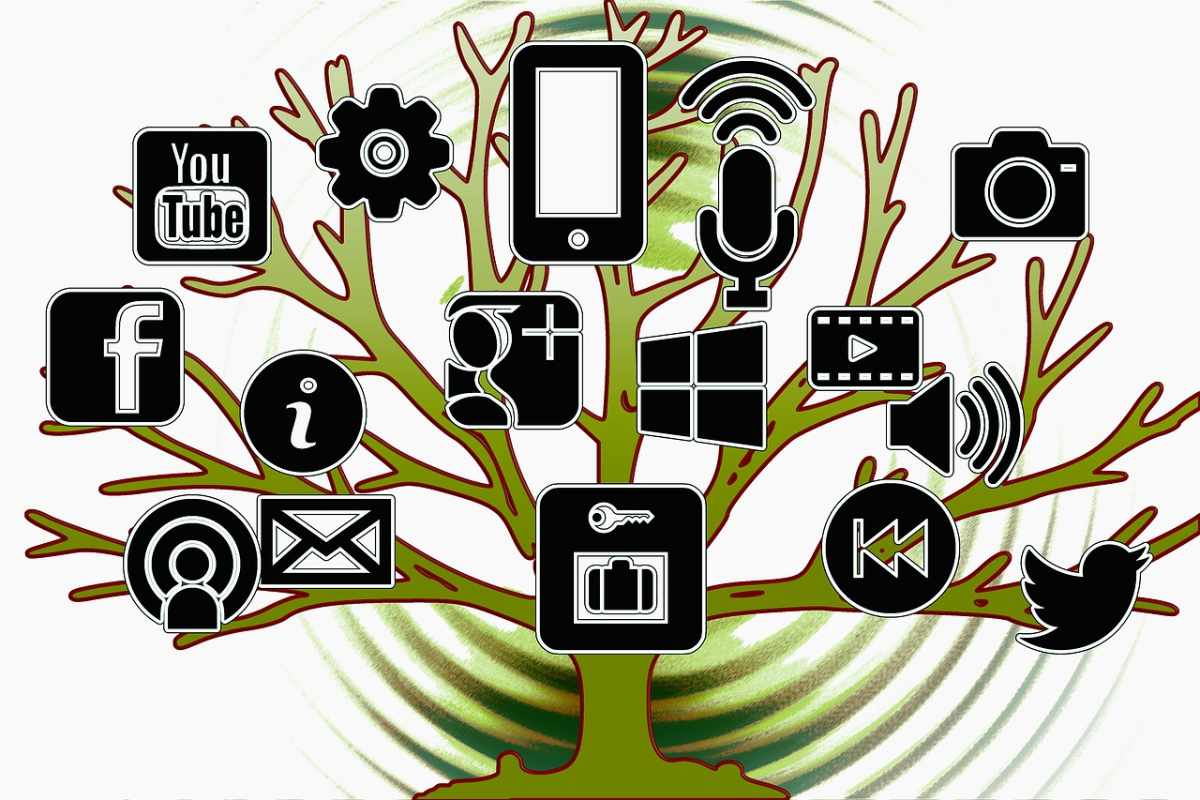Table of Contents
What Does Social Change Mean?
According to sociologists, social change is a constant phenomenon. It is the process by which social structures and institutions are rebuilt, and cultural transformation is experience. Society is based on specific value systems that maintain social order. Changes at the root of these value systems, human interaction, lead to the breakdown of the maintained social order. However, disruption is always familiar with negativity; however, change and disruption are inevitable and necessary as society is constantly evolving and innovating. Social change can have positive or negative consequences.
Characteristics Of Social Change
Idrani (1998) and Anele (1999) observed and ascribed specific characteristics to social change.
Inevitable
As mention above, social change is a phenomenon that is linked to the roots of human society and therefore is inevitable and inevitable. Can take place without the community being fully aware of this process.
Omnipresent
Social change is not a concept tied to society. It is not limit to specific geographical locations or subgroups of a community but takes place in all organizations. No company remains static and immutable; micro and macro events change the way you work. Hence, it must be viewed as a universal phenomenon.
Multi-stage
As mentioned above, the change occurs at both the micro and macro levels. Some definitions of analyze the concept to understand how social structures develop and introduce new social institutions. However, social change takes place at all levels and is not limit to evolutionary changes.
Contagious
Especially today, when one society is dovetail and connect with another, is contagious because changes in one organization can lead to another.
Index
There is no fixed period in which social change occurs; its pace depends on the topic and can remain rapid or gradual [revolutionary or evolutionary].
Measurable
This is perhaps the essential characteristic of . Social change can be measured and recognize in terms of scope, brevity, and repetition.
Causes Of Social Change
There are many reasons why societies experience social change. Changes can occur through technological progress, social institutions, social conflicts, or the environment. These factors can be view as agents of it. Technology has become an integral part of civilization since the late 19th century, and people’s dependence on technological developments has increased. It’s no surprise that technology can be a cause of . It can be argue that technology is the bridge that enables us to exist in a world so interconnected that it has acted as the engine of globalization. Without the internet and the advent of cell phones and digital devices, we would not have a hybrid global society.
Technological advancement has also led to improvements in the medical and agricultural worlds, both of which have a variety of advantages. High-tech medical devices are now making it easier for doctors to treat critically ill patients and have also made the labor process easier and dramatically reduced the number of deaths at birth.
Types And Examples Of Social Change
It can remain broken down into two categories: evolutionary and revolutionary social change. Evolutionary refers to changes that occur gradually and over a long period. Most of the time, we do not recognize the difference because it is not very significant or observable then.
Example
Still, it took gradual processes and time for humanity to transform itself into a society based on industrial jobs entirely. For example, the transition from agrarian civilizations to industrial societies did not take place in a short time. Even today, in the 21st era, there are still Third World countries and underdeveloped regions where industrialization has not yet arrived.
On the other hand, revolutionary changes appear as rapid-fire, and their results are visible in a short time. These kinds of vagaries are more present today due to the accessibility in the digital world because news and information sharing platforms are so accessible
Example
The Arab Spring remains an example of revolutionary change. It started in 2010 and lasted until 2013.The Arab Spring remains a series of anti-government protests, riots, and demonstrations that fought and challenged authoritarian regimes.

